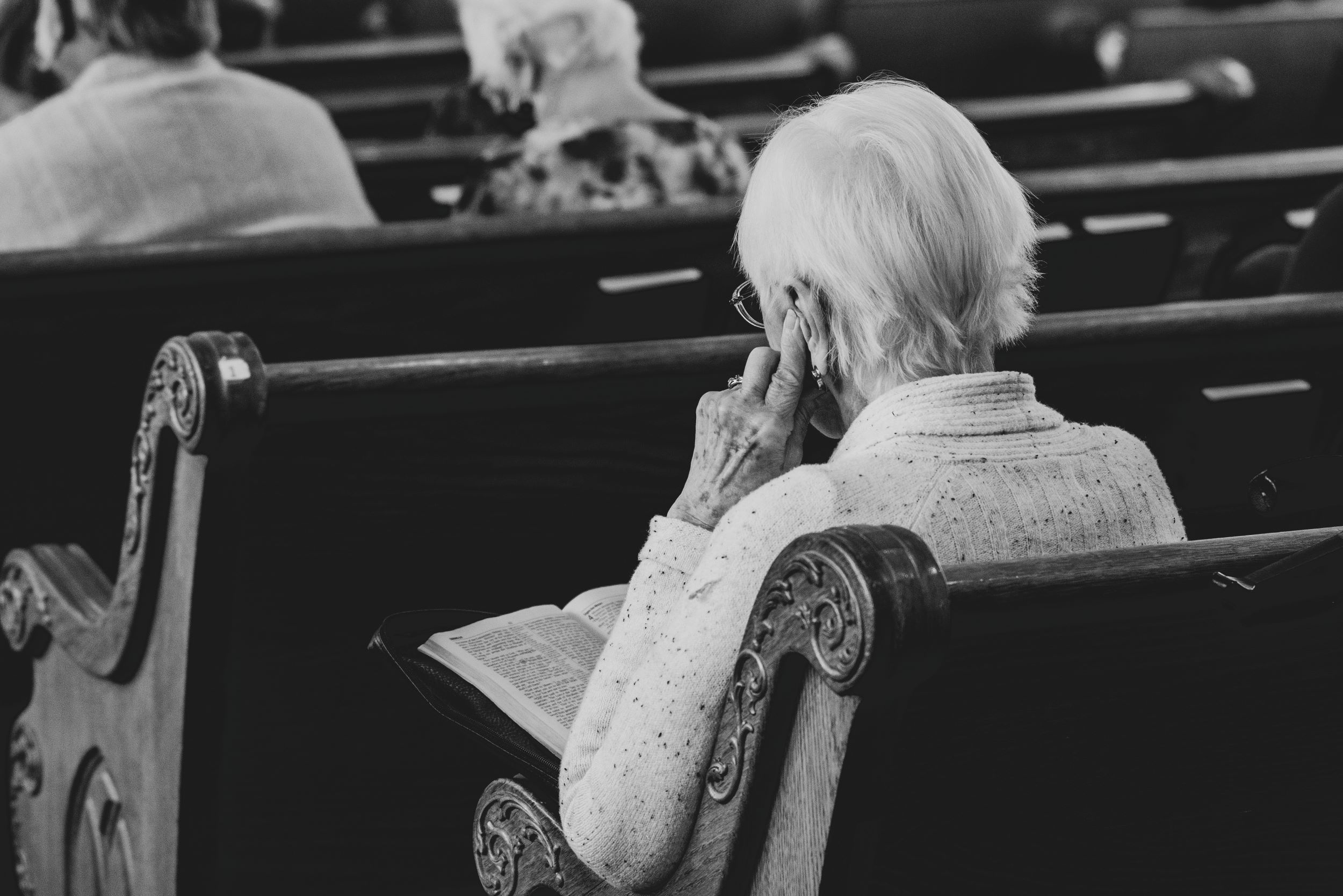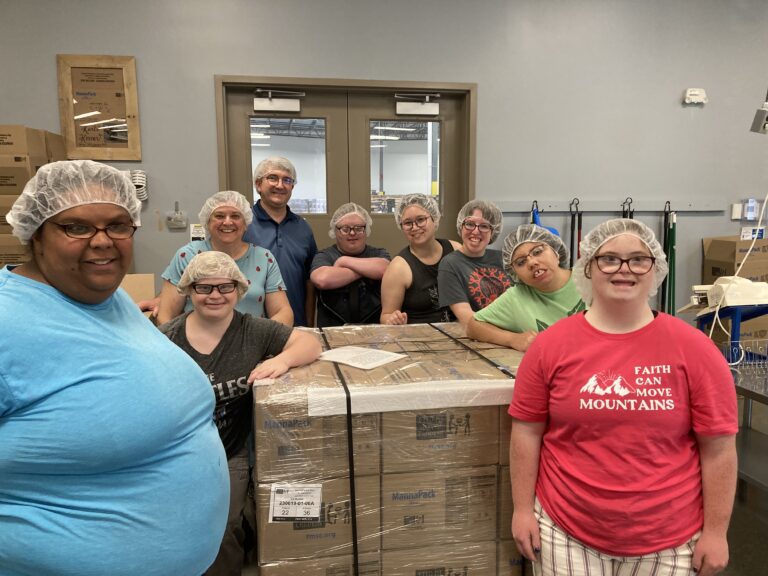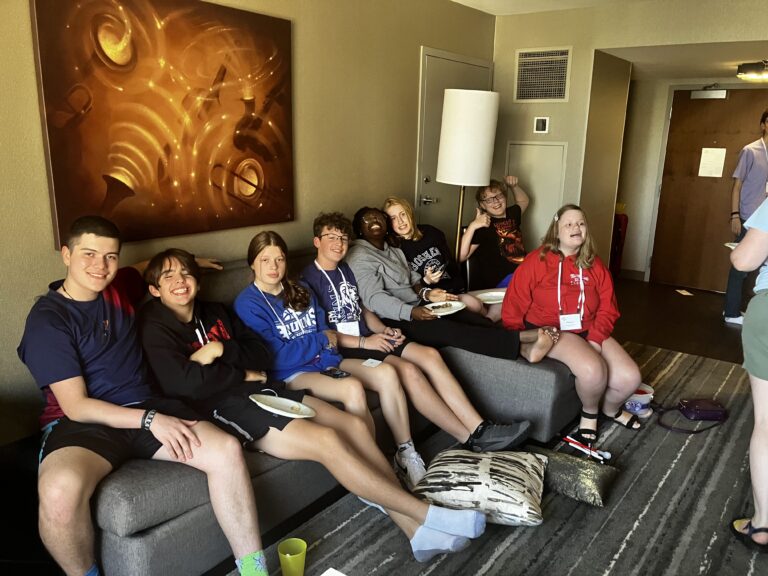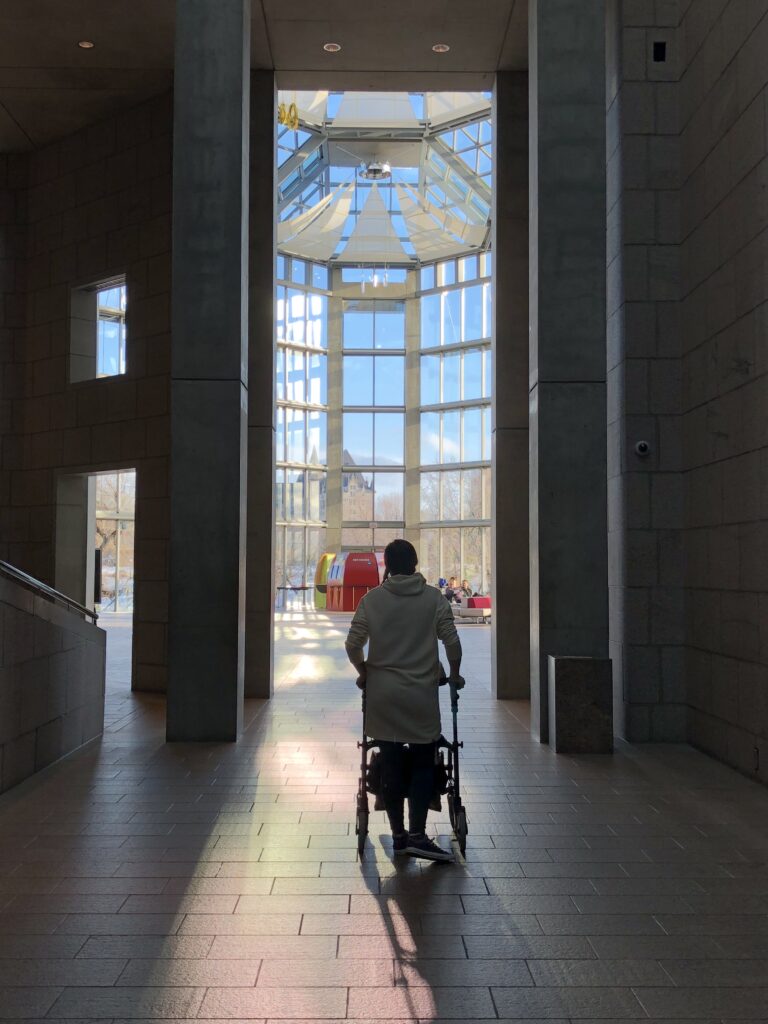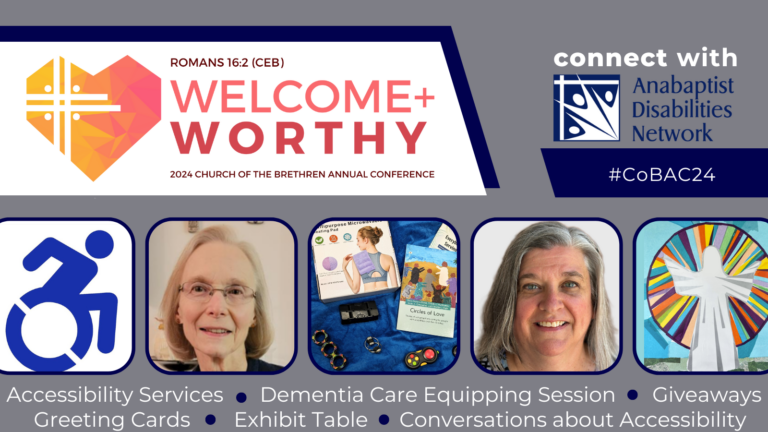Welcoming People with Memory Loss
We must first be welcoming and affirming to congregational members with dementia and their family members. How can we do this? While it is hard to see a beloved member of our community decline, we can still include them and make them feel welcome. Simply talking to them and including them in worship services in ways they can still participate can be affirming.
My best example is a personal experience. My dear friend who was also the choir leader for my congregation developed memory loss and was eventually diagnosed with Alzheimer’s. She was an amazing singer and musician, playing the organ and piano. As her disease progressed, she eventually had to give up her roles as choir leader and organist. With time, she forgot that she no longer led the singing during our church services. At times she would go to the front of the church and lead the hymn. Our new director graciously sat to the side and let her lead. This gave her a sense of accomplishment, belonging, and self-worth. Moreover, it gave an example to her and others in our congregation that we are all part of Christ’s church, even if we cannot do things in the same ways we did before. We can still serve within our abilities.
Others have shared with me how, as the illness of a family member progressed, their vocalizations or singing “at an inappropriate time” brought stares from others in the service. Families shared how the stares were enough to lead them to the back of the sanctuary and eventually out the door. Their lifelong dedication to the congregation was negated by silent stares from others. We must watch our body language to make sure we do not inadvertently drive someone away. Looks from others can be misinterpreted as criticism when families are trying to deal with their loved one’s dementia and its effects.
I was once in a church service when a baby started crying. The minister praised the baby and gave thanks for the child’s “crying out to God.” May we accept someone speaking out or singing as that person’s crying out to God in praise, as a way of connecting to our Heavenly Father in their own way?
Members with dementia may be able to serve in other ways: assisting with the offering or greeting others. We must look for the gifts and abilities specific to the person.
As we work to be more inclusive of all members with any form of disability, we must first recognize that it benefits everyone—the person, their family, and our congregation. The faith needs of our church members with dementia may vary, but we can support them at all levels of their dementia. Our faith provides strength and support as all of us cope with challenges. By validating their faith experiences, we help persons with dementia find personal strength through their faith. Participating within our abilities strengthens our sense of who we are, both as individuals and as congregations.
Eleanor's Song, by George Schaller
Gardens sleep beneath the silence of deep snow;
winter is her only season with its songs
drifting just below the horizon of her memory.
For a moment she surfaces like the sun in the morning
singing spring over the quiet that lays deep banks
waist-high.
Then dipping back beneath her frost, she grows quiet
and song wraps her in its warmth until the gardens awake.
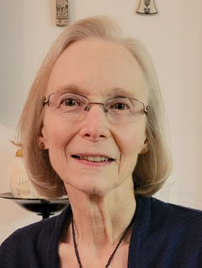
Heddie Sumner is a registered nurse with a BSN degree. Before her retirement, Heddie served as a care manager, director of dementia services, and director of resources and development for Senior Services of Midland County Council on Aging in Michigan. Heddie is co-author of A Family-Centered Alzheimer’s Care: A Caregiver’s Manual and Doing More with Less: Michigan Dementia Coalition. She provides training about dementia for staff of nursing homes, adult day care programs, and adult foster care homes. She also trains ministers, deacons, and congregations on how to engage people with disabilities, including those with dementia. Heddie lives in Eagle Rock, Virginia, with her husband Bill. They attend the Daleville Church of the Brethren in Daleville, Virginia.


